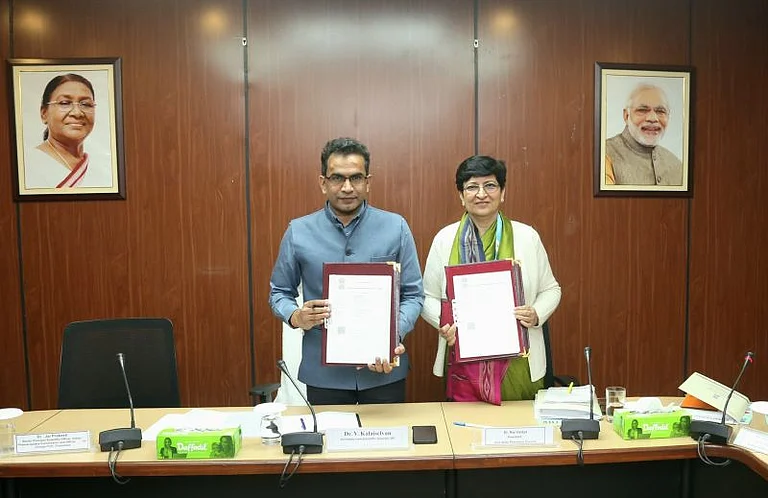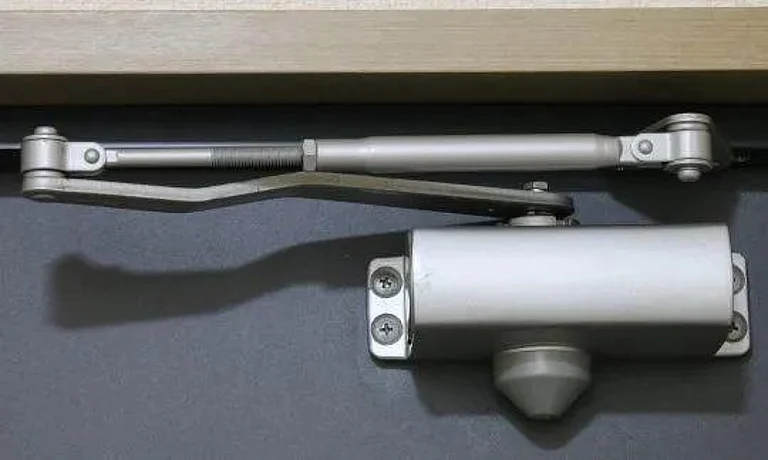
Punjab Health Department halts use, issuance, and procurement of eight drugs/IV fluids from Swaroop, Otsuka, and Health Biotech in all govt facilities after ADR reports at Patiala and Jalandhar hospitals; precautionary until lab clearance.
Includes normal saline 0.9%, dextrose 5%, ciprofloxacin 200mg, DNS, NS+dextrose IV, bupivacaine; batches from 2023-2025, no deaths reported but symptoms observed.
Follows Coldrif syrup ban and Captab Biotech blacklist; samples for testing, alternatives deployed, minister vows strict action against errant manufacturers to ensure patient
The Punjab Health and Family Welfare Department has ordered the immediate suspension of eight drugs and specific intravenous (IV) fluids across all government health institutions statewide. The directive, issued on Friday via memo reference Pb/2025/3896-3104, responds to reports of suspected adverse drug reactions (ADRs) observed in patients at key facilities, including Mata Kaushalya Hospital in Patiala and District Hospital in Jalandhar. This measure emphasizes the department's zero-tolerance stance on substandard pharmaceuticals, ensuring no disruptions in essential care while alternatives are sourced.
Health Minister Dr. Balbir Singh, who confirmed the action during a media briefing, highlighted the gravity of the situation without disclosing specific symptoms to avoid public alarm. "Suspected ADRs have been noted following the administration of these items in certain facilities. As a precautionary measure, we've halted their use, issue, and procurement until comprehensive lab evaluations and clinical assessments verify their safety," Singh stated, underscoring that patient well-being remains paramount. The affected batches, manufactured between 2023 and 2025 with expiry dates up to April 2028, have been quarantined, and detailed usage records are being compiled from all districts to trace distribution patterns.
No fatalities have been linked to these incidents, but the swift response aims to prevent escalation. Officials have dispatched samples to accredited laboratories for rigorous testing, with results expected to inform potential blacklisting or legal action against non-compliant firms under the Drugs and Cosmetics Act.


























